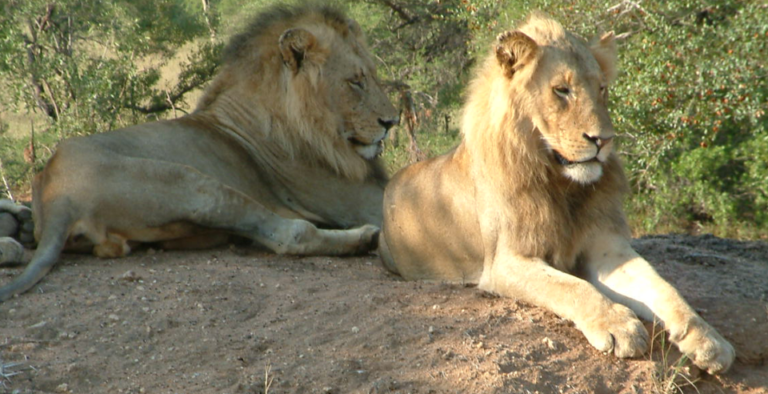Project Description
Climate change and human expansion are progressively affecting ecosystems around the world, contributing to substantial wildlife decline and biodiversity loss. Understanding animal movement is fundamental to elucidate how animals interact with and respond to environmental change. Physiological processes within an animal are key determinants of their energy budget, and therefore affect movement, which in turn affects survival, reproduction and consequently, animal fitness. Understanding the interplay between animal physiology, movement behaviour and the external environment is pivotal, but currently lacking, to predict species resilience under contemporary and future conditions. Recent technological advances in biologging of physiological parameters, tracking movements, examining diet and nutrient uptake, and analysis of hormonal profiles provide opportunities to develop a more mechanistic and physiology-driven understanding of animal-environment interactions.
Within the animal kingdom, certain species are particularly vulnerable to environmental disturbance, with apex predators being case-in-point. These species’ numbers and distributions are declining globally, with reasons attributed to habitat loss and alteration, and increasing persecution by a burgeoning human population (Ripple et al. 2014). The plasticity of behaviour helps animals respond best to environmental challenges (Cahill et al. 2013), but any limits to these responses are being pushed by anthropogenic-driven extreme climate fluctuations. Specifically, it appears that many large predators’ behavioural and physiological repertoires cannot cope with current environmental and anthropogenic stressors. Apex predators are presumed to balance their energy and water resources by interspacing resting with energetically costly prey searches and hunts, while avoiding hyperthermia without dehydrating (Scantlebury et al. 2014). However, as climatic conditions change and temperature, rainfall, and prey availability become more erratic – their continued presence becomes increasingly tenuous. The current project aims to investigate the following in the African lion: (1) behaviour, location and activity energy expenditure profiles and whether these differ with human presence, (2) diet and water use using stable isotope and elemental analysis, (3) stress levels and hormonal profiles, and (4) assess how future climate change may affect population viability and interactions and conflict with humans.
The successful applicant will gain experience in the cross-disciplinary analysis of behaviour, movement ecology, ecotoxicology, hormone and stable isotope analysis. This will involve handling an expanding range of analysis tools, data repositories and large-scale collaborative networks. There will be opportunities to attend courses on species distribution modelling, enabling models of energetic prediction of species distributions to be made.
CANDIDATE BACKGROUND
Essential skills: We seek a highly motivated individual who must hold a first or upper second-class undergraduate degree in a biological discipline. Applicants must be competent in data and statistical analysis. The project will involve some fieldwork which will result in large amounts of data (behaviour, movement, energy use). Various analytical methods will be employed to investigate and predict effects of varying environmental circumstance (e.g. seasonal variation, human presence) on animal behaviour and physiology. The student will need to have the capacity to be technically competent in of activity and movement data using various software and visualisation packages (e.g., R, ArcGIS).
Desirable skills: Experience with fieldwork and laboratory skills are highly desirable.
Photo credit: Mike Scantlebury, QUB
Supervisors
Michael ScantleburyPrimary Supervisor: | Profile: Michael Scantlebury Email: m.scantlebury@qub.ac.uk Institution: Queen's University, Belfast Department/School: School of Biological Sciences |
Catherine HamblySecondary Supervisor: | Profile: Catherine Hambly Email: c.hambly@abdn.ac.uk Institution: University of Aberdeen Department/School: School of Biological Sciences |
Nikki MarksAdditional Supervisor: | Profile: Nikki Marks Email: N.Marks@qub.ac.uk Institution: Queen's University, Belfast Department/School: School of Biological Sciences |
Rory DohertyAdditional Supervisor: | Profile: Rory Doherty Email: r.doherty@qub.ac.uk Institution: Queen's University, Belfast Department/School: School of Natural and Built Environment |
Additional Supervisor: | Dr Ela Krol, Aberdeen University, Biological Sciences Email: e.krol@abdn.ac.uk
Dr Daniel Hart & Professor Nigel Bennett, University of Pretoria |
References
Ripple, W.J. et al. 2014. Science 343:1241484;
Cahill, A.E. et al. 2013. Proc. Roy. Soc. Lond. B. 280: 20121890;
Scantlebury, D.M. et al. 2014. Science. 346: 79-81.
QUADRAT Themes
- biodiversity
- environmental-management
Partners
To be confirmed






















































